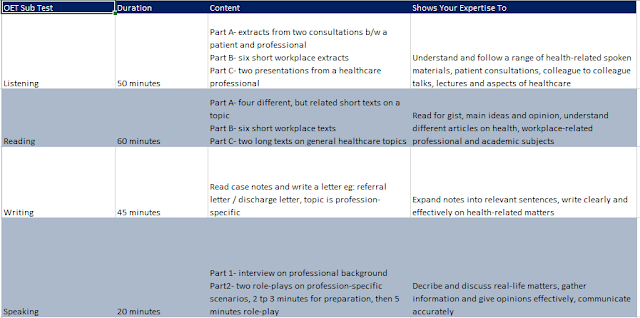Many of you might be desperate as IELTS exams are postponed indefinitely due to COVID-19 lockdown. To help students navigate through this difficult situation, IELTS has introduced the IELTS Indicator exam.
Similar to conventional IELTS exams, IELTS Indicator is a test that includes Listening, Reading, Writing and Speaking modules. The test uses live IELTS questions that are evaluated by real IELTS examiners. Hence, IELTS Indicator provides a more accurate score and is more reliable than a mock test.
It is important to note that the IELTS Indicator test has the same structure, content and timing as that of a conventional IELTS exam. So, you need to complete the Listening, Reading and Writing in 2 hours and 45 minutes without any break in between. The Speaking test will be conducted on another day via Zoom.
Before you take the IELTS Indicator test from home, you need to ensure the following:-
- A calm and quiet environment where you can take the test without disruptions
- A laptop or computer in good condition
- A secure and fast internet connection
- A Safe Exam Browser (SEB) which needs to be downloaded and installed
- Headphones for the Listening section
- Web camera
- Zoom app – desktop version
One thing that deserves special mention is that only Academic IELTS can be taken from home currently.
IELTS Indicator test is currently available in the following regions:-
Argentina, Azerbaijan, Bangladesh, Brazil, Canada, Chile, Colombia, Ecuador, Egypt, India, Indonesia, Italy, Japan, Jordan, Kazakhstan, Kuwait, Lebanon, Mauritius, Mexico, Nepal, Nigeria, Oman, Pakistan, Papua New Guinea, Peru, Philippines, Qatar, Saudi Arabia, Singapore, Spain, Sri Lanka, Turkey, Ukraine, United Arab Emirates, Uzbekistan
Many students who were undergoing IELTS training at our Kottayam center have now booked for IELTS Indicator to secure admission for September 2020 intake in countries like the UK.
The Writing and Speaking sections will be evaluated by qualified IELTS examiners in the same way regular exams are scored.
With each day, more and more institutions are accepting IELTS Indicator results for academic purposes. IDP strongly implore you to confirm that your university or organisation will accept the Indicator results before you book and pay for the exam. Make sure that the target organization knows the difference between conventional IELTS and IELTS Indicator exams. Get a written confirmation from the institution stating that they accept IELTS Indicator.
It is also important to prepare well before you register and attend the IELTS Indicator exam. Students are now opting for IELTS Online classes as they have difficulty in attending classroom-based training sessions.
The main difference between conventional IELTS and IELTS Indicator exam is that the latter is considered an Indication rather than a formal statement of results.
Currently, the Indicator tests take place once every week. Bookings can be made through the official website. The test fee is USD 149. For security reasons, test takers are required to provide their passport and identity verification documents. Make sure that you have those at your disposal during the Speaking test as well as other 3 sections.
It is worth mentioning that IELTS Indicator is designed for adults aged above or equal to 18. Those aged 16 or 17 years old must get a consent form signed by a parent/guardian and will also need to have a chaperone with them during their IELTS Indicator Speaking test.
IELTS Indicator test is time-bound. You cannot pause the test, come back and finish the remaining part later. Listening, Reading and Writing must be completed on 2 hours 45 minutes while Speaking test will be conducted separately. Here’s a section-wise breakdown of timing:-
- Listening: 30 minutes
- Reading: 60 minutes
- Writing: 50 minutes
- Speaking: 11 to 14 minutes
You will get the IELTS Indicator exam results within 7 days of completing all sections of the test. There will be an overall indicative band score and well as a score in each module of the test. Similar to the conventional IELTS exam, the indicative band score will be between 1 and 9.

